November 21, 2013
Quality of the place and the pace of work is more important than money
In a remarkable session on the future of work at Worktech 13 London this week – Charles Handy declared that organisations need passion, people and profit, in that order. Money isn’t the main motivating factor for individuals either, which is why Handy’s thoughts on the emergence of the portfolio worker should inspire anyone who dreams of quitting their corporate job to do something more interesting instead. Those who don’t have that option would have been cheered to hear the prevailing message at Worktech was that employers are waking up to the fact that the quality of the place and the pace of work (i.e. flexible working) is of equal importance to remuneration in attracting and retaining staff. (more…)










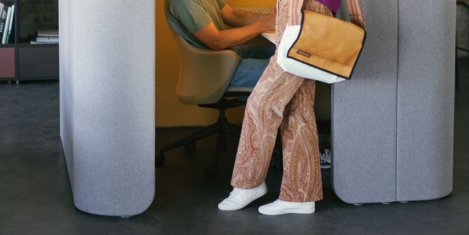
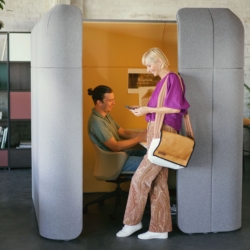






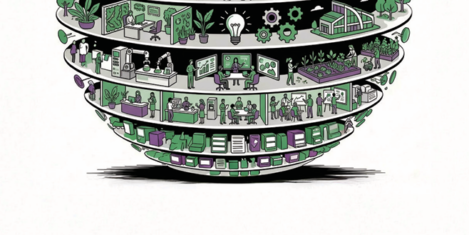
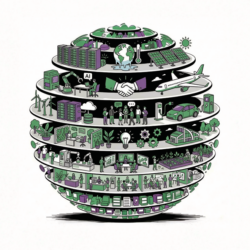


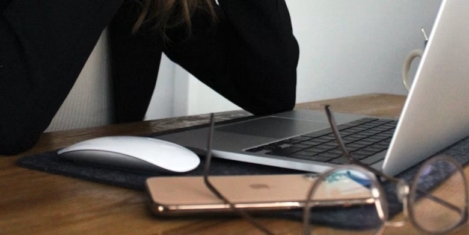














November 29, 2013
The meaningful aspects of what we do give us the greatest rewards
by Annie Gurton • Comment, Workplace
Charles Handy recently explained to attendees at Worktech 13 London why money is not the main motivating factor for employees; while at the same event, Claudia Hamm-Barstow of Jones Lang LaSalle added that the dream workplace is “a place where the company adds value to the employee experience, people feel valued and welcomed, the organisation feels meaningful, the work is rewarding and importantly there are no stupid rules”. According to The Human Givens Institute neither of these statements should be at all surprising. But The Human Givens theory adds that we also need to be respected, to feel in control, to have self-esteem, privacy and community. And, most crucially of all, we need to have purpose and meaning in our lives. (more…)